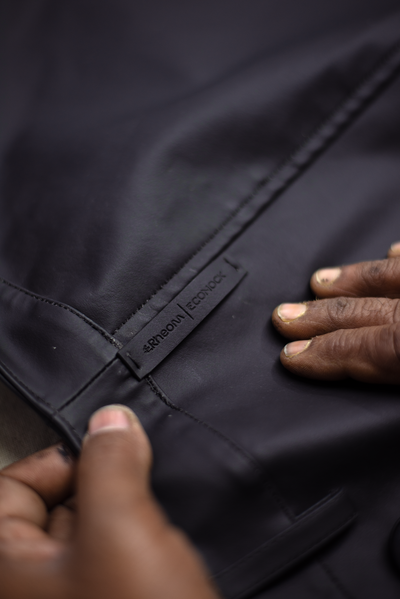In a landmark move for environmental sustainability, Governor Gavin Newsom has signed Senate Bill 707 (SB 707), the Responsible Textile Recovery Act of 2024, into law. Spearheaded by Senator Josh Newman (D-Fullerton), this innovative legislation establishes the nation’s first Extended Producer Responsibility (EPR) programme for textile recycling, marking a significant leap forward in California’s commitment to reducing waste and enhancing sustainability in the fashion industry.
The new law mandates that producers and stakeholders in the textile value chain assume responsibility for the entire lifecycle of their products. This includes facilitating the repair, reuse, and recycling of garments and fibres. Once in effect, SB 707 aims to significantly diminish the volume of textiles sent to landfills while simultaneously promoting upcycling and recycling initiatives throughout California. This approach directly addresses the environmental challenges posed by “fast fashion” and the prevalent “throwaway culture.”

“I’m very proud to see SB 707 signed into law. It will have a major positive impact on California’s environment and communities,” stated Senator Newman. “This legislation isn’t merely about recycling; it’s about reshaping our understanding of textile waste. By 2030, we will ensure that Californians have convenient drop-off locations for used textiles, providing a simple way for everyone to contribute to a more sustainable future.”
The fashion industry is a leading contributor to global pollution, accounting for approximately 10% of carbon emissions. Textiles that decompose in landfills release methane gas and leach harmful dyes and chemicals into the soil and groundwater, exacerbating environmental degradation. The rapid rise of “fast fashion,” characterised by inexpensive, low-quality clothing that quickly goes out of style, has further intensified these issues. In 2021 alone, California saw around 1.2 million tons of textiles discarded, despite 95% being deemed reusable or recyclable; currently, only 15% are recycled or reused.
Joanne Brasch, Director of Advocacy from the California Product Stewardship Council, remarked, “The industry really showed up for the stakeholder process to make the final version as impactful as possible. We’ve witnessed brands and associations endorsing the bill for a more equitable solution to a systematic problem. This programme will incentivise producers to adopt less wasteful production methods and greener designs.”

Since its introduction, SB 707 has benefited from extensive stakeholder engagement, leading to numerous enhancements thanks to hundreds of hours of discussions involving a diverse coalition of environmental organisations, industry leaders, and community groups.
The bill’s passage has garnered substantial support, highlighting its critical importance and potential impact. Endorsing organisations include the California Product Stewardship Council (CPSC), IKEA, Goodwill, Sierra Club California, Everlane, Reformation, Boardriders, Republic Services, as well as several local governments, agencies, and sanitation districts.
“At IKEA, we have an ambition to become a circular business by 2030. To achieve this, we must collaborate with policymakers to support efforts in creating more circular systems for textiles and other products,” said Mardi Ditze, IKEA U.S. Sustainability Manager. “We commend Senator Newman for leading a collaborative process with industry stakeholders on SB 707, supporting initiatives to increase textile circularity in California and across the U.S.”

Peter Majeranowski, CEO of Circ, Inc., a leading textile recycler, stated, “Textile recycling is a burgeoning industry in the U.S., creating jobs and revitalising manufacturing in areas near recycling facilities. We’ve observed the fashion industry stepping up to adopt lower-impact fibres and yarns. Circ thanks Senator Newman for his leadership in securing funding for textile recycling in California.”
The City of San Jose expressed enthusiasm over the bill’s passage, noting, “We are pleased to see SB 707 signed by Governor Newsom, as it provides a permanent programme for local governments to find solutions for textile waste. Thank you to Senator Newman and bill sponsors, CPSC, for your leadership on this crucial issue.”
As California sets a precedent with the Responsible Textile Recovery Act, the state aims to inspire similar initiatives nationwide, fostering a more sustainable approach to textile management that prioritises environmental health and circularity in the fashion industry.







